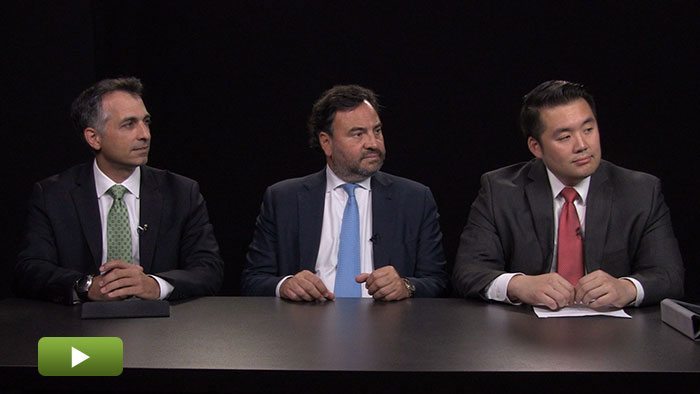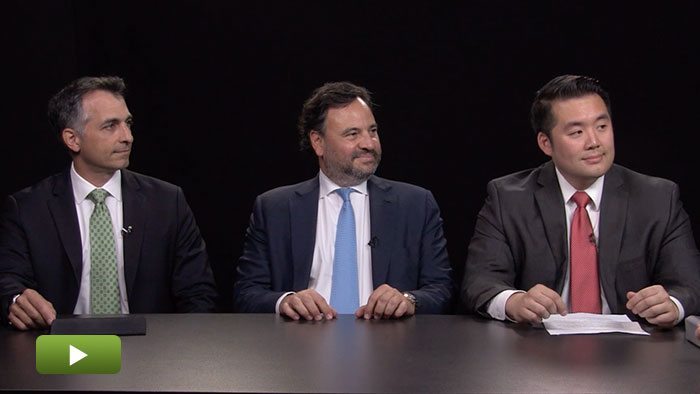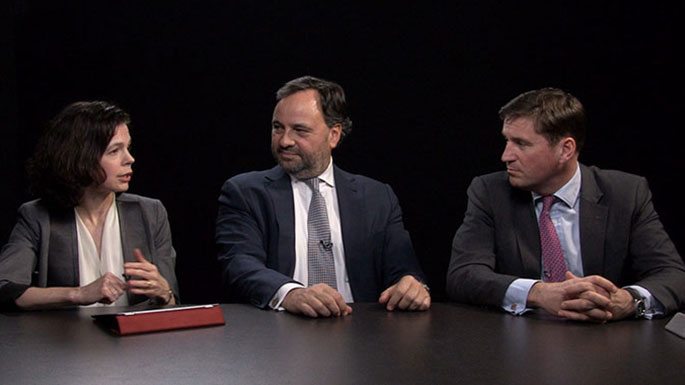Coming to (Fundraise in) America
The U.S. fundraising market is an essential destination for non-U.S. GPs, but too many of them don’t fully understand its complexities, says a panel of fundraising experts interviewed recently on Privcap.
View the first of a three-part thought-leadership series here.
Private equity firms entering the market for the first time need to plan ahead and wade cautiously into shallow waters before diving head first into the deep end of the U.S. investor pool. Dangers include regulatory issues that change from state-to-state and municipality-to-municipality, and simply trying to understand the vast population of U.S. investors.
But that’s not to say the opportunity isn’t worth the work needed to succeed stateside.
“The U.S. is a very deep market, and it’s the oldest market,” says Mounir Guen, CEO of

MVision Private Equity Advisers, a placement agent with offices in Hong Kong, New York, San Francisco and Sydney. “About 70 percent of total private equity capital originates in the United States. The first thing you have to remember is that there is a massive diversity of the types of investors. You’ve got high net worth, family groups, foundations, endowments, corporate pensions, public pensions, municipal pensions, insurance companies – the list goes on and on. Every time we come to market we tell the GP: ‘Get legal counsel immediately.’ In public pensions, for instance, it’s a criminal offense if you solicit them incorrectly. A criminal offense.”
Mona Marquardt, a principal at Abbott Capital Management, a fund-of-funds that manages over $7B in private equity assets worldwide, says it’s imperative for non-U.S. GPs to reach out to managers and consultants with vast knowledge of the U.S. market to help them avoid some of the pitfalls that have hampered fundraising efforts for LPs with little experience in the market.
“Starting with the broadest view in the market can be very effective for any new region in the market that you’re going into,” Marquardt says. “Thinking about the most professional consultants, researchers and the fund-to-funds, it’s important to have some early conversations with those groups in order to understand how they perceive your strategy, and get feedback. Maybe you end up repositioning a little and address any perceived weak points before you go to the market.”
Transparency with investors is also an important factor in avoiding “the melt” – where investors in a GP’s fund decide to pass on participating in a future fundraising effort.
The panel discussion also included Richard Kunzer, a senior partner in charge of IR for London-based BC Partners.
Privcap Email Updates
Subscribe to receive email notifications whenever new talks are published.





